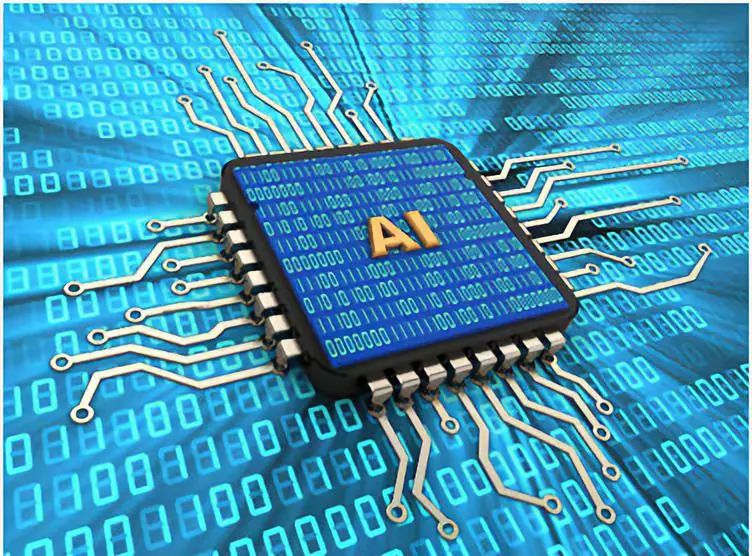With the rapid development of artificial intelligence technology, AI chips have become a key force to promote the innovation of smart devices. Compared with traditional chips, AI chips show their unique advantages and characteristics in many aspects.
Differences in design concepts
AI chips are application-specific integrated circuits (ASICs) specifically designed for artificial intelligence algorithms, and they are optimized for AI tasks such as deep learning. In contrast, traditional chips such as CPUs and GPUs are designed to be more versatile and capable of handling various types of computing tasks.
Computing power to energy efficiency ratio
AI chips exhibit faster processing speeds and higher energy efficiency ratios when executing AI algorithms. This is due to their highly parallel processing capabilities, which allow them to perform a large number of multiplication and addition operations simultaneously, which is essential for matrix operations in deep learning. While traditional chips can also perform these calculations, AI chips are often more advantageous when it comes to AI tasks.
Expansion of application scenarios
AI chips are mainly used in scenarios that require a lot of parallel processing, such as self-driving cars, face recognition and voice recognition in smartphones, and smart home devices. Traditional chips, on the other hand, are widely used in many fields such as PCs, servers, mobile devices, etc., and they are the core components of computer systems, responsible for performing basic functions such as operating systems, applications, etc.
 Figure: The difference between traditional chips and AI chips
Figure: The difference between traditional chips and AI chips
Commonalities of process and compatibility
Although AI chips are significantly different from traditional chips in terms of performance, there is no fundamental difference in the manufacturing process. They often use similar semiconductor manufacturing techniques. In addition, AI chips often need to be compatible with legacy architectures in order to be able to run existing software ecosystems.
Trends in market and technology developments
The rapid development of the AI chip market has attracted the attention of many enterprises and research institutions. Many companies at home and abroad are actively developing AI chips to meet the growing demand for AI computing. At the same time, with the advancement of technology, the boundaries between AI chips and traditional chips are gradually blurred, and many modern computer systems have begun to adopt hybrid architectures, combining AI chips with traditional chips to achieve more efficient data processing and computing power.
Conclusion
AI chips have their own advantages over traditional chips, and they are optimized for different application scenarios and computing needs. With the continuous development of AI technology, it is expected that AI chips will play an increasingly important role in future smart devices. At the same time, traditional chips are constantly evolving to adapt to new computing needs. The integration and development of the two will jointly promote the advancement of intelligent technology and bring us a more intelligent and efficient computing experience.






